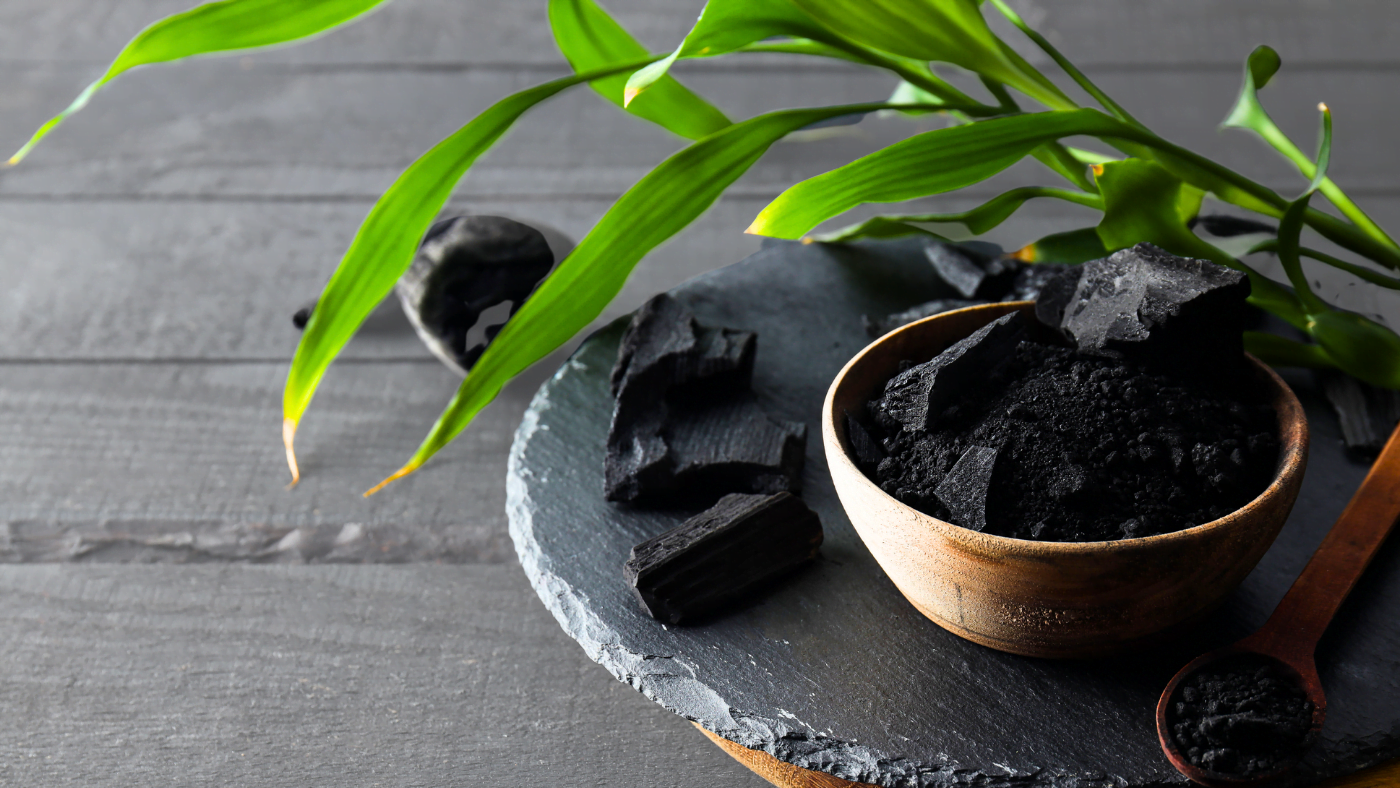
Charcoal in the Potting Mix: Good or Bad?
Hello fellow gardeners! Today we’re chatting about charcoal, that leftover black stuff from burning wood.. You might be surprised, but charcoal in the Potting Mix can actually be good for your plants. But wait, there’s a catch (like with most things in life). Let’s break it down and see if charcoal qualifies as plant fertilizer.
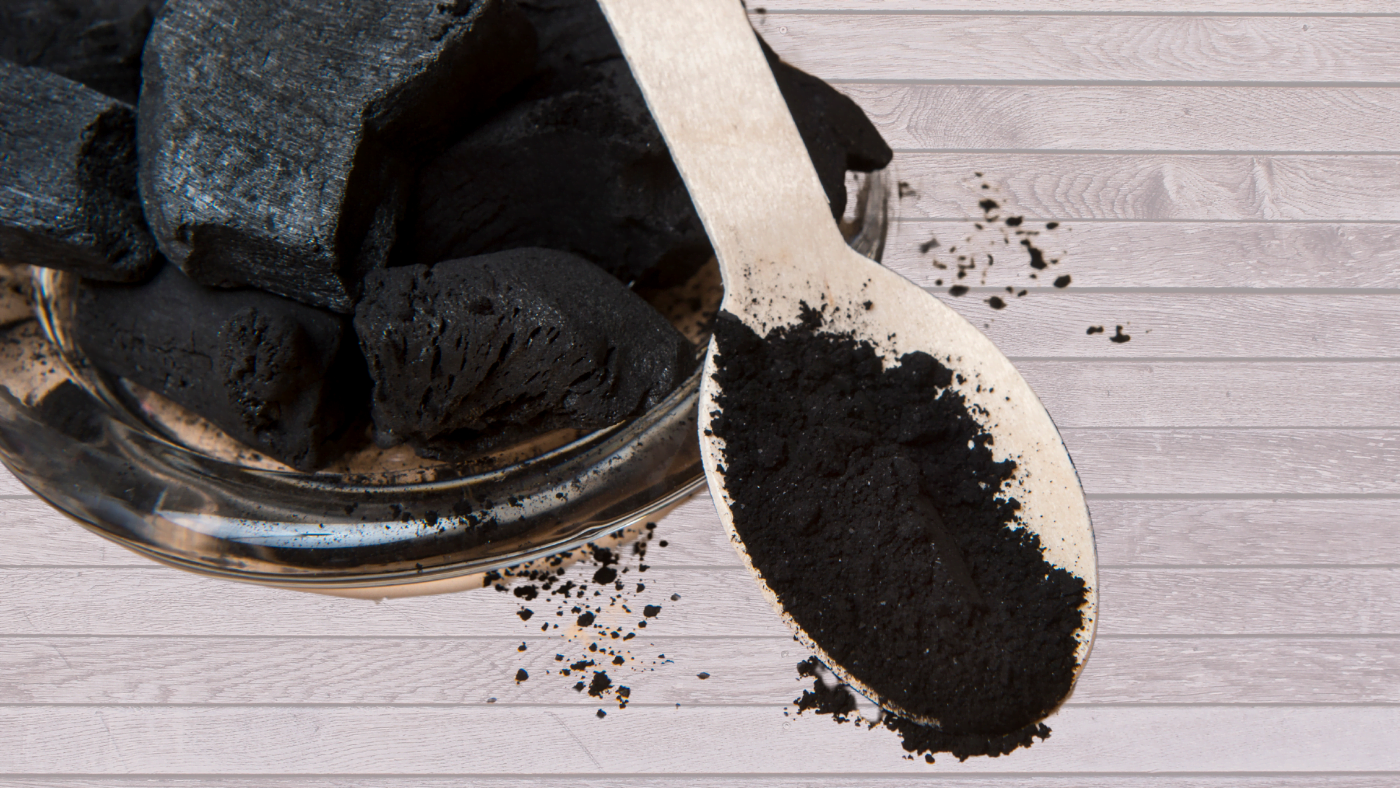
Benefits of Charcoal in the Potting Mix:
Charcoal has some properties that can help your plants thrive:
- Water Absorption: Ever drowned a plant by over-watering? Charcoal chunks in plant soil can act like a sponge, soaking up extra water and preventing root rot. This is perfect for plants that hate soggy feet.
- Nutrient Boost: Charcoal (Ash) isn’t just a sponge; it also contains nutrients like potassium and calcium that plants need to grow strong.
Easily Boost Your Plants' Nutrition with Our Ready-to-Use Organic Fertilizer
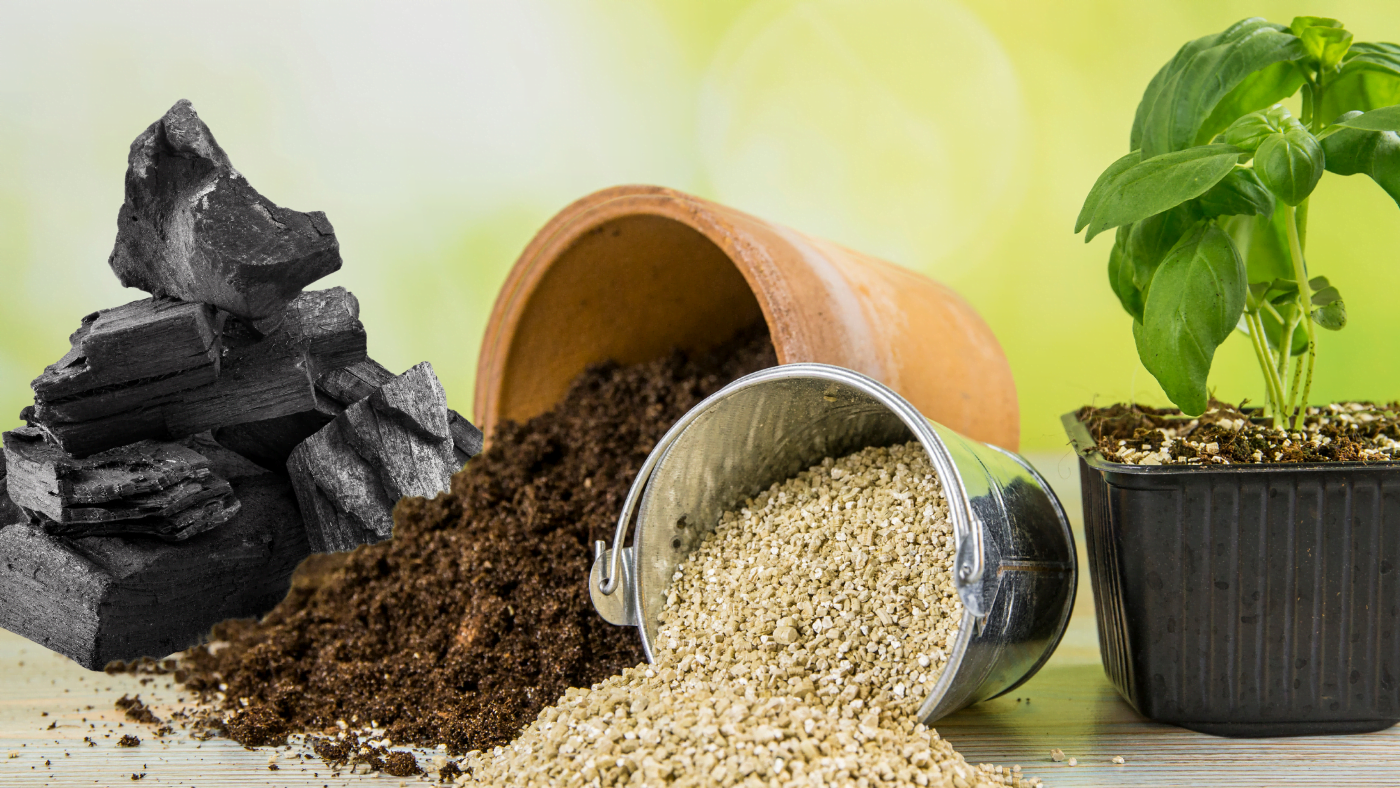
How to use Charcoal in the Potting Mix in Smart Way:
Here are some ways to use charcoal for soil amendment:
- Improving Soil Structure: Mixing some charcoal in plant soil in granular form helps aerate it, making it lighter and better for root growth. Think of it as creating tiny air tunnels that plant roots love.
- Nutrient Boost: Charcoal isn’t just a sponge.; it also contains nutrients like potassium and calcium that plants need to grow strong. Sprinkle a bit of charcoal ash in the garden, giving your plants a helping hand.
- Removing Toxins: While some believe charcoal can filter out harmful chemicals from the soil, scientists are still figuring this one out. It’s essential to note that regular charcoal doesn’t do this effectively—you’d need activated charcoal for gardening for serious soil detox.
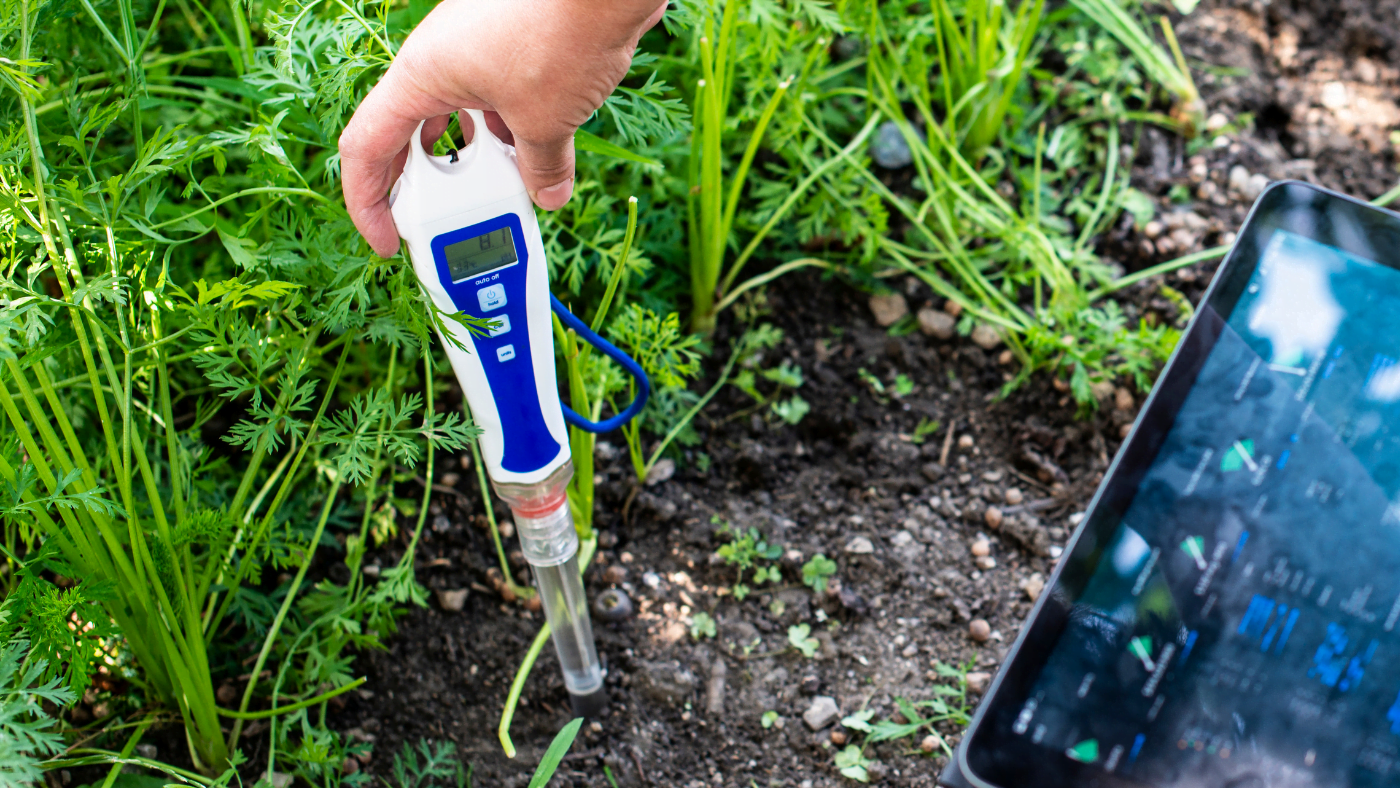
Hold on a Sec, There’s a But!
Drawbacks of Using Charcoal as Plant Fertilizer
Using charcoal isn’t a magic trick, and there are a few things to keep in mind.
pH Alteration: Using charcoal as Plant Fertilizer in the garden can make your soil more alkaline. This can mess with the soil pH balance that certain plants need to thrive. For example, Tomatoes, Roses, etc. love acidic soil, and too much charcoal can make them unhappy.
- Locked-Up Nutrients: Big changes in soil pH can make some nutrients less available to plants, even if they’re present in the soil. So, while charcoal might add a little potassium and calcium, a big change in pH could lock up other important nutrients.
- Charcoal Myth Busting: Regular charcoal won’t clean up chemicals in your soil; for that, you’d need activated charcoal for gardening. Also, only wood charcoal ash provides nutrients; charcoal chunks itself can remain unchanged in the soil for centuries.
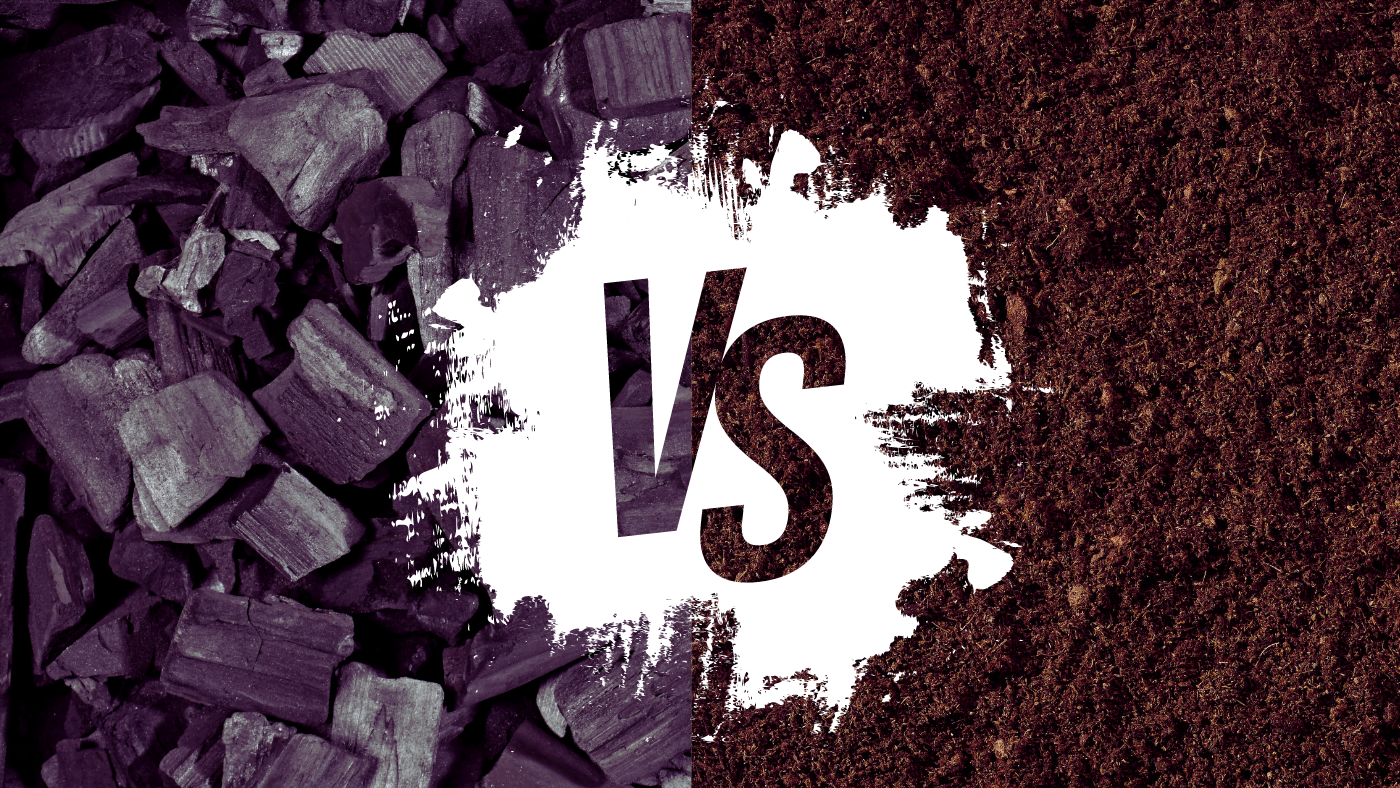
Do You Really Need Charcoal Fertilizer in Your Garden?
While charcoal as fertilizer / soil amendment has its benefits, there are other alternatives like compost that offer the same benefits and more. Here’s why compost is better for your soil mix than charcoal fertilizer:
More Than Drainage
- Compost improves soil structure.
- Compost adds a wide range of nutrients.
- Compost introduces beneficial microorganisms.
Incorporating compost into your garden can provide a well-rounded boost to plant health and soil vitality, making it a superior choice to charcoal for most gardeners.
My Take on Charcoal as Plant Fertilizer:
I’ve tried charcoal in my garden, but honestly, compost does most of what charcoal does, and more! Unless you have a ton of extra charcoal lying around, I’d recommend focusing on good quality compost for your plants. If you do use charcoal, go easy on it and keep an eye on your soil’s pH.
The Bottom Line:
Charcoal in potting mix can be a helpful tool, but it’s not a miracle cure. Remember, every garden is different. Play around a bit, see what works for your plants, and most importantly, have fun gardening!



Essential Gardening Tips for Beginners: Complete Guide 2025
Complete step-by-step guide to urban container gardening, soil preparation, and growing fresh organic vegetables and fruits at home for beginner
🍓 How to Grow Strawberries in Pots at Home in India: Complete Q&A Guide
Aug
Charcoal in the Potting Mix: Helpful or Just Hype?
Jun
A Beginner’s Guide to Buying the Perfect Grafted Mango Plant
Jul
🌱 Plan Your First Garden – Easy Crops for Beginner Success! 🌱
Sep
Tips for growing vegetables from seeds at home
Nov
Pusa Plant Nursery – New Delhi
Jul
मिर्ची / चिली उगाए कैसे – ये 2 गलती कभी न करे
Jul
Boost Mustard Cake Fertilizer Power 5x: 20–40 Method
Nov
Complete Home Vegetable Gardening Course – Soil – The Foundation of Growth
Sep
Yellowing of Leaves in Plants: The #1 Hidden Reason (Not Pests, Not Nutrients!)
Aug
Can a Papaya Plant Grow in a Pot & produce Fruit? Video (Hindi)
Feb
बिगिनर गाइड: अमरूद गमले में कैसे उगाये?
Jul
High Yeild Quality Capsicum Seeds for Home Garden
Aug
5 Organic Ways You Can Get Rid Of leaf Miners
Mar
Is Mosaic Virus or Leaf Curl Virus in Plants Treatable?
Aug
Essential Gardening Tools for Beginners: Complete Guide 2025
Sep